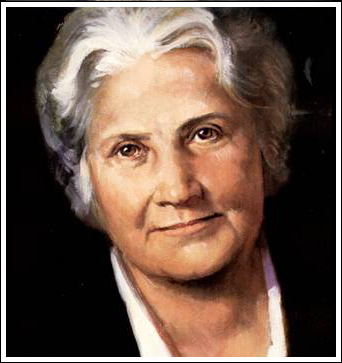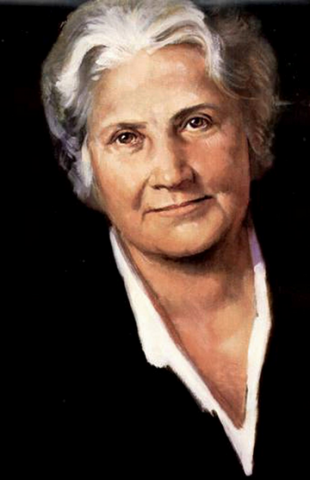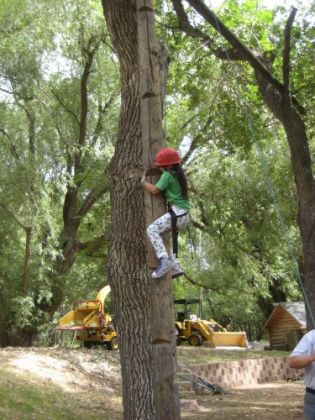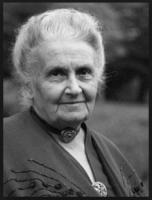Birthday Wishes in Honor of Maria Montessori
Maria Montessori – Her Life & Legacy

As we are so deeply indebted to the great work and legacy of Maria Montessori, and in light of her birthday on August 31st, we would like to honor Dr. Montessori by telling her story. Born in a small town of Italy to parents, Renilde Stoppani and Allessandro, Maria forged her own educational path, even in childhood. Throughout her youth, she acquired a very ambitious taste for science and mathematics, which was extraordinary for a girl during the time. After attending a tech school, Maria Montessori decided to study medicine. Throughout an intricate and complicated series of events (including a letter of recommendation for college acceptance by the Catholic Pope himself), Maria went on to Medical School to become the very first female Doctor in Italy.
During Maria’s residency, she spent time working with children in a psychiatric hospital. She had not been working there long, when a nurse who was watching the children in the ward said to her: ‘Look, I can’t believe that they are picking crumbs up off the floor to eat! How horrible.’ Maria said to the nurse: ‘They aren’t eating the crumbs, they are studying them.’ In a bare, sterile psychiatric hospital, where the walls were white and there was not a single toy or object for a child to engage with, Maria Montessori discovered her first realized observation: the necessity of environment.
Dr. Montessori was stirred by this, and a miraculous turn of events then followed. After some time, she redirected her research to completely service children. In time, Maria’s method became world-famous. She traveled to teach it, winning many hearts with her curriculum. In 1913, Maria published her first book on children “The Advanced Montessori Method”, selling 17,410 copies. She even attended the 1915 World Fair in San Francisco to share her research and teaching method. Maria continued to share her knowledge for many years in her own country, until her teachings were banned from Italy due to world conflicts with Fascism. She was forced to leave her home, but she continued her work in Amsterdam, and later in India, where Maria would stay for over 10 years. Even after World War II broke out, Maria stayed to complete her work of the early childhood years in her study of the “Absorbent Mind, “ and her extensive study of infancy and the development of the “Cosmic Curriculum.”
By 1946, over 1,000 people had been educated by Dr. Montessori. Maria continued to travel through Europe, Africa and Asia, lecturing until the age of 81. Maria Montessori has been nominated for two Nobel Peace Prizes for her contribution to education, but also for her overall effort to improve conditions for women and children around the world.
We owe so much to this extremely brave woman, who endured conflicts of career progression, family separation, gender bias and war to bring her teaching methods to light. Maria Montessori was a leader in every step she took, and her work produced amazing outcomes. Maria sought to educate children, but she also saw a magic in them. Within each child, she saw: the need, the power, the magic… to learn.
And so we, Montessori Community School, so inspired by Dr. Montessori send great wishes of peace, kindness and joy in her honor. May we each find a moment today to spread her message with a peaceful action to benefit our whole of mankind.





